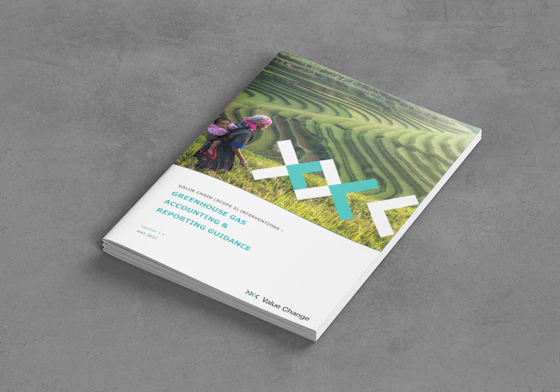Scope 3 emissions measure a company's indirect greenhouse gas emissions across its value chain. Per the Greenhouse Gas Protocol, there are 15 distinct Scope 3 categories ranging from purchased goods and services to transportation and distribution, extending to use of final products.
While Scope 3 emissions often represent the largest part of a company’s carbon footprint, they can also be the most challenging to influence and account for – limiting meaningful action and investment in the value chain. Gold Standard is working on several initiatives that can help businesses not only take control of their own impact, but also positively contribute to wider sectoral change.
Directly Invest in Value Chain Improvements
Indirectly Invest Where Traceability not Possible or Practical
Gold Standard, in collaboration with C2ES and Neoteric Energy and Climate, have launched the Advanced Indirect Mitigation (AIM) Platform, to create guidance that will allow companies to invest in climate action in their supply chain, for example in upstream purchased goods and services, and claim the benefits of those investments toward their Scope 3 targets.
AIM’s Standard and Guidance will be grounded a theory of transition aligned with the Paris Agreement with sound accounting and reporting principles, while keeping focus on practical implementation ability that can unlock climate action in hard to abate sectors.


